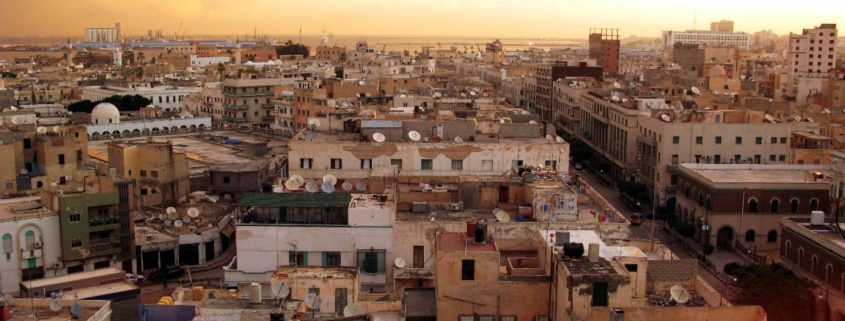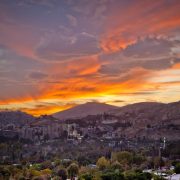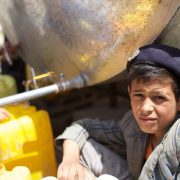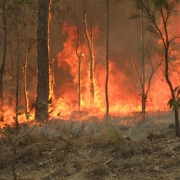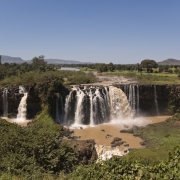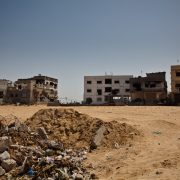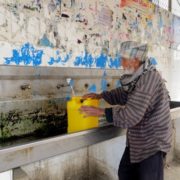HotSpots H2O, October 31: Desperate Libyans Drill for Water After Attack Cuts Supply
The Global Rundown
As armed groups sabotage the city’s water, residents of Tripoli, Libya drill through concrete in hopes of finding wells. Arizona’s top water agencies fight over control of the state’s water. An Israeli NGO brings solar power, clean water, and healthcare to thousands of conflict-affected Africans refugees. A lack of well-maintained latrines and water pumps exacerbate the Rohingya refugee crisis in Bangladesh. A deadly cholera epidemic continues to cripple Yemen, where 80 percent of the population is in need of urgent humanitarian assistance.
“As of this week, this collaboration is improving the daily lives and futures of… tens of thousands of refugees of conflict in Africa.” –Sivan Yaari, CEO of Innovation: Africa, an Israeli NGO delivering life-saving services to the war-torn Central African Republic. The group’s efforts have resulted in solar power for three medical centers, as well as electricity and clean water for several communities. Jerusalem Post
By The Numbers
36 percent Proportion of the 24,773 latrines serving Rohingya refugees in Bangladesh that are on the brink of overflowing. Thirty percent of the 4,370 manual water pumps are also in poor condition. Nearly 750,000 Rohingya refugees are now living in southeastern Bangladesh after fleeing persecution in Myanmar. Economic Times
4,000-6,000 Libyan dinars Cost of drilling through concrete streets and sidewalks in Tripoli, Libya in order to access groundwater (equivalent to $2,940-$4,410 USD). An armed group attacked the city’s water after workers had already cut the supply in order to perform urgent maintenance. The ensuing water crisis is forces residents to drill through concrete in hopes of finding an old well. Reuters
Science, Studies, And Reports
Yemen’s cholera epidemic continues to cripple the country, as seen in a series of recent photographs. The report details the country’s ongoing crisis, where 80 percent of Yemenis are in desperate need of food aid, millions are struggling to access water, and the millionth cholera case looms. The Guardian
On The Radar
Water levels are declining in Lake Mead, a major drinking-water source for Tucson, Phoenix, and their suburbs. Federal, state, and local officials are on the lookout for a solution, but efforts are being slowed by a power struggle between Arizona’s two top water agencies, who disagree on who controls the state’s dwindling resource. Arizona Daily Star
In Context: Lake Mead Dashboard
Powered by Vector Center
Kayla Ritter is a recent graduate of Michigan State University, where she studied International Relations and Teaching English to Speakers of Other Languages. She is currently based in Manton, Michigan. Kayla enjoys running, writing, and traveling. Contact Kayla Ritter

